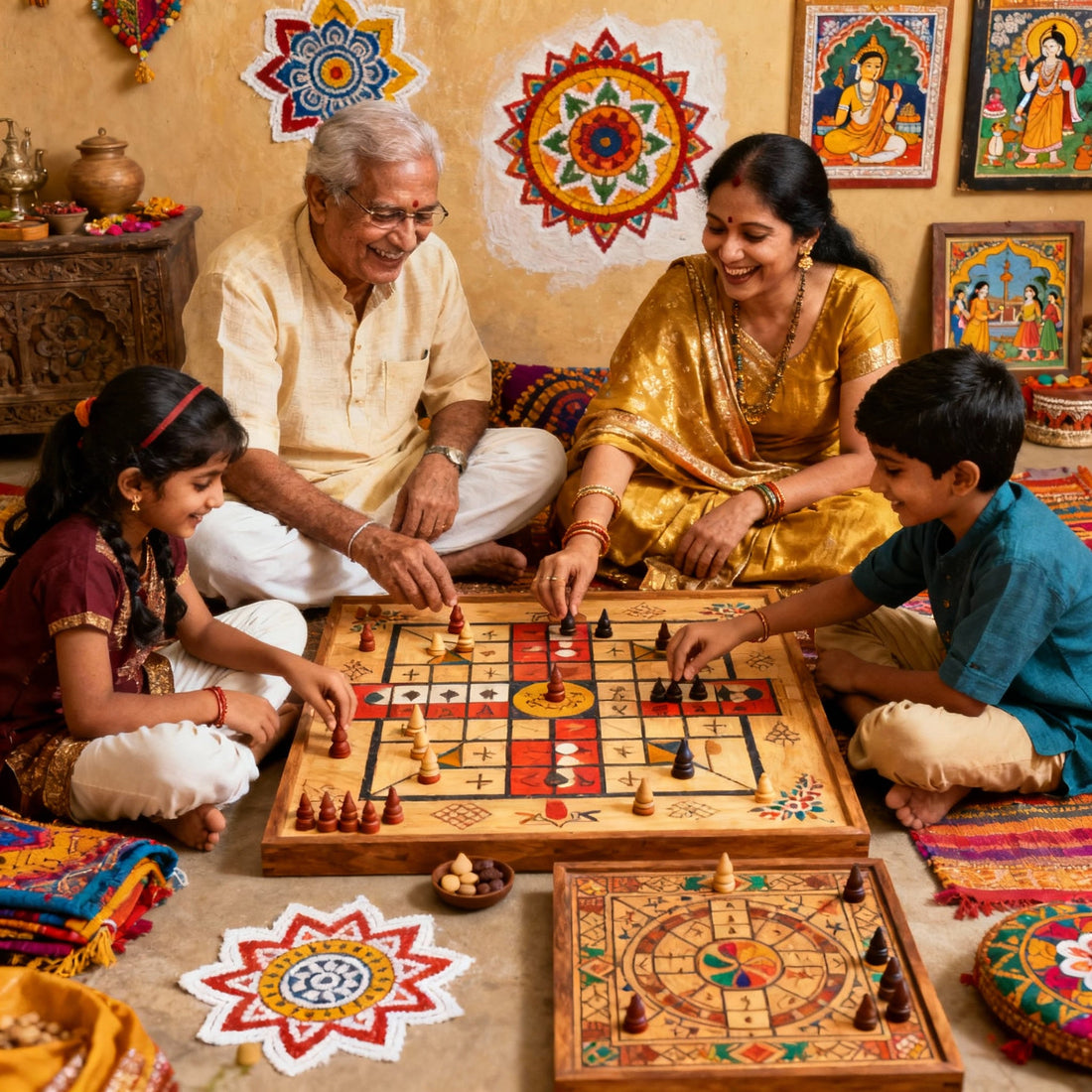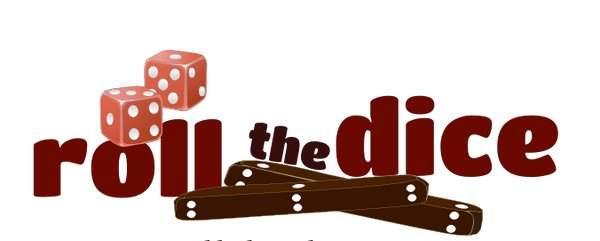
Towards a Cultural History of Indian Board Games
Share
Explore our Indian Traditional Board Games collection
Indian board games are far more than childhood entertainment—they are a window into the nation’s evolving culture, values, and creativity. Across the centuries, classic games like Pachisi, Chowka Bara, Aadu Huli, and Navakankari have appeared in ancient texts, temple art, and family gatherings, reflecting the society that created and played them.
From Ancient Epics to Everyday Life
Many traditional games trace their roots to India's epic literature and mythological stories. Pachisi is mentioned in the Mahabharata, and games resembling Chowka Bara have been found as carvings in historical sites across the subcontinent. These games taught strategic thinking, moral lessons, and offered valuable social experiences during festivals and gatherings.
Cultural Values and Social Bonds
Traditional board games carried deeper meaning:
- Pachisi and Chowka Bara illustrate cosmic order and teamwork.
- Navakankari challenged logic and forward planning.
- Aadu Huli dramatized struggles of survival and wit.
Each game’s mechanics mirror values like patience, cooperation, decision-making, and sportsmanship—virtues designed to shape character while delivering joy.
Preserving Heritage and Connection
At Roll the Dice, classic Indian games are revived for modern families with artisanal boards and quality components, ensuring the tradition lives on. These games offer:
- A tangible link to Indian heritage.
- Opportunities for screen-free bonding across generations.
- A way to teach children about India’s history, art, and wisdom through play.
Organizations, workshops, and digital platforms today are helping preserve and popularize these timeless treasures—even reaching new audiences around the world.
Rediscover the cultural history of Indian board games and bring these stories home. Explore the Roll the Dice traditional games collection for beautifully crafted sets and celebrate India’s vibrant heritage, one move at a time.
